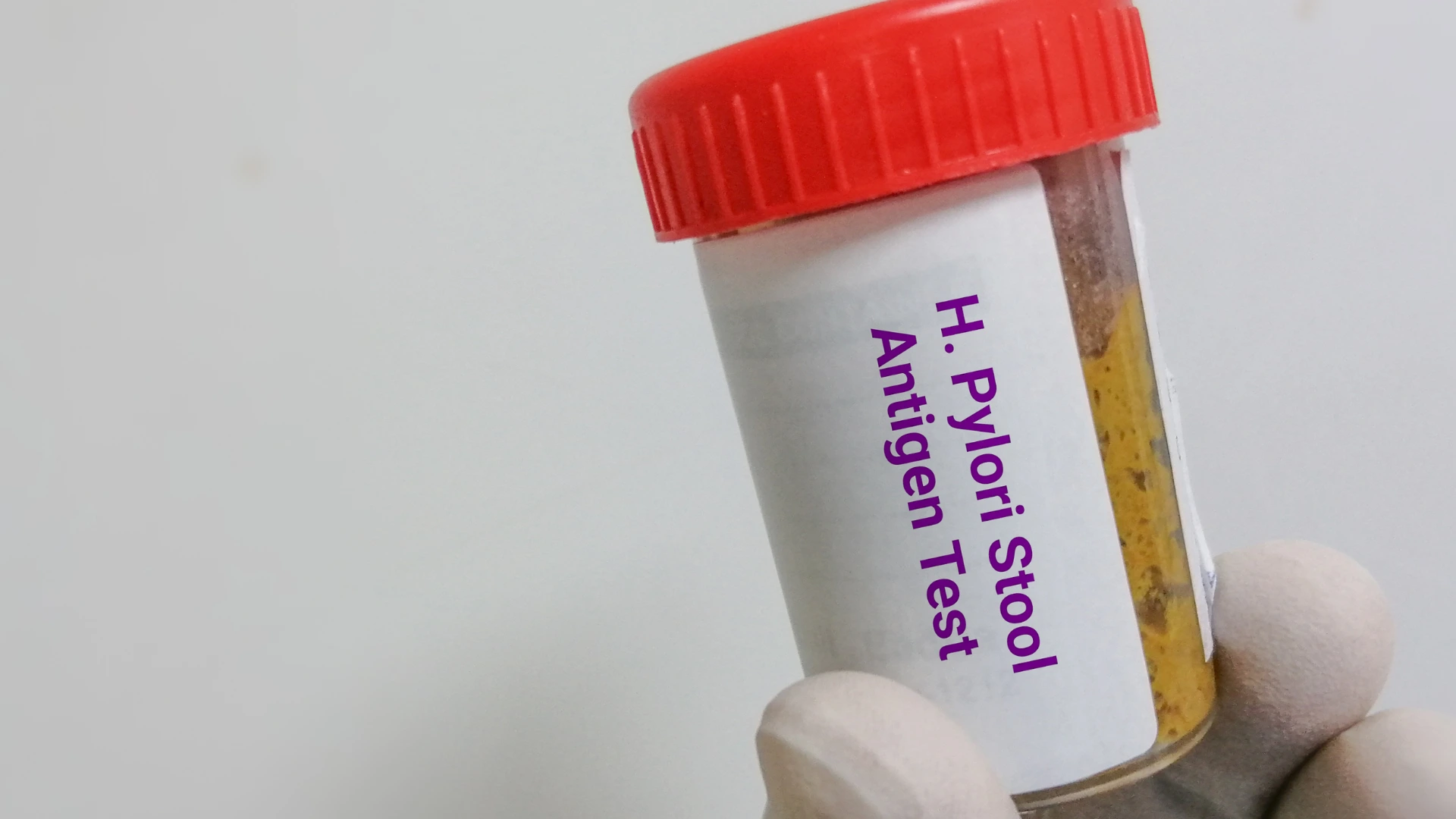
The H. Pylori Antigen Stool Test is a simple, non-invasive diagnostic tool that detects the presence of Helicobacter pylori (H. pylori) bacteria in the digestive tract. This test is essential for identifying infections that can lead to stomach ulcers, chronic gastritis, and other serious gastrointestinal conditions.
What is H. pylori? 🔍
H. pylori is a bacterium that infects the lining of the stomach. While many people may not experience symptoms, this bacterium is a leading cause of:
Why Is the H. Pylori Antigen Stool Test Important? 🤔
Doctors recommend this test for several reasons, including:
What Can the Test Reveal? 👀
A Simple and Effective Diagnostic Tool 💡
The H. Pylori Antigen Stool Test is quick, painless, and highly accurate. By detecting H. pylori early, it allows for timely treatment and helps protect your digestive health.
Take control of your stomach health—book your appointment today for an H. Pylori Antigen Stool Test.
DISCLAIMER: The information presented on this page has been intentionally condensed and simplified to make it accessible and easier to understand for the general audience. Its purpose is solely to provide basic awareness and education on the topic discussed. It is important to note that this content is not exhaustive and does not replace or serve as a substitute for professional medical advice, diagnosis, or treatment. Readers are strongly advised to seek consultations with qualified healthcare professionals or specialists for accurate assessment, personalized guidance, and appropriate medical care. Relying solely on the information provided here, without professional oversight, may lead to misunderstandings or inadequate treatment.
Privacy policy
Copyright ©2025 Klinika Kajo. Designed By Vizional